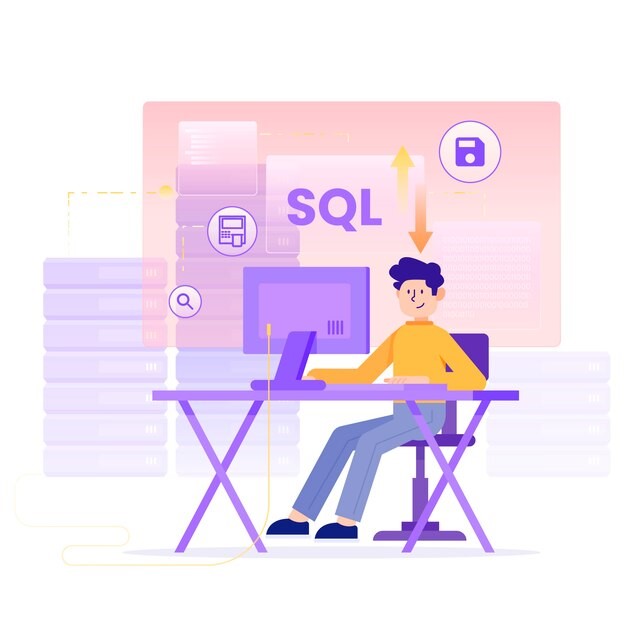Remote SQL DBA Best Practices: Managing Databases from Anywhere

In today's digital landscape, the role of a Remote SQL Database Administrator (DBA) has become increasingly vital. With businesses relying heavily on databases to store and manage critical information, the ability to manage these databases remotely has revolutionized database administration practices. Let's explore some best practices for remote SQL DBA to effectively manage databases from anywhere.
1. Embrace Automation for Routine Tasks:
One of the key advantages of remote database administration is the ability to automate routine tasks. Remote SQL DBAs should leverage automation tools and scripts to streamline tasks such as backups, maintenance, and performance monitoring. By automating these processes, DBAs can ensure consistency, reduce manual errors, and free up time for more strategic activities.
2. Implement Robust Security Measures:
Ensuring the security of databases is paramount for remote SQL DBAs. Implementing robust security measures such as encryption, access controls, and regular security audits is essential to protect sensitive data from unauthorized access or cyber threats. Remote DBAs should stay updated with the latest security patches and adhere to industry best practices to maintain a secure database environment.
3. Utilize Monitoring and Alerting Tools:
Monitoring database performance and health is critical for proactive management. Remote SQL DBAs should deploy monitoring and alerting tools that provide real-time insights into database metrics such as CPU usage, memory allocation, and query performance. These tools enable DBAs to identify and address potential issues before they impact system performance or availability.
4. Optimize Database Performance Regularly:
Optimizing database performance is a continuous process that remote SQL DBA should prioritize. By regularly analyzing query execution plans, indexing strategies, and resource utilization patterns, DBAs can identify opportunities for performance tuning and optimization. This proactive approach ensures that databases operate efficiently and meet the organization's performance requirements.
5. Maintain Regular Backups and Disaster Recovery Plans:
Remote SQL DBAs must establish robust backup and disaster recovery strategies to safeguard data against loss or corruption. Implementing regular backups and storing them securely offsite is crucial for data protection. Additionally, DBAs should develop and test comprehensive disaster recovery plans to minimize downtime and ensure data availability in the event of a disaster.
6. Foster Collaboration and Communication:
Effective communication and collaboration are key for dba sql server, especially when working with distributed teams or stakeholders. Leveraging collaboration tools, conducting regular meetings, and maintaining open lines of communication with other IT teams and business units facilitate smoother operations and problem resolution.
7. Stay Updated with Industry Trends and Technologies:
The field of database administration is constantly evolving with new technologies and trends. Remote SQL DBAs should invest in continuous learning and stay updated with industry developments to leverage innovative solutions and best practices. This proactive approach enables DBAs to adapt to changing requirements and deliver value-added services to the organization.
Conclusion:
Remote SQL DBAs play a crucial role in managing databases efficiently and securely from anywhere. By embracing automation, implementing robust security measures, utilizing monitoring tools, optimizing performance, maintaining backups, fostering collaboration, and staying updated with industry trends, remote DBAs can enhance database management practices and contribute to the success of their organizations in the digital era.
Ready to get our Remote SQL DBA services? Contact The Farber Consulting Group, Inc. today or call us at: 732-536-4765. Our team is ready to discuss your database optimization needs and how we can help you to improve your database performance.


Comments